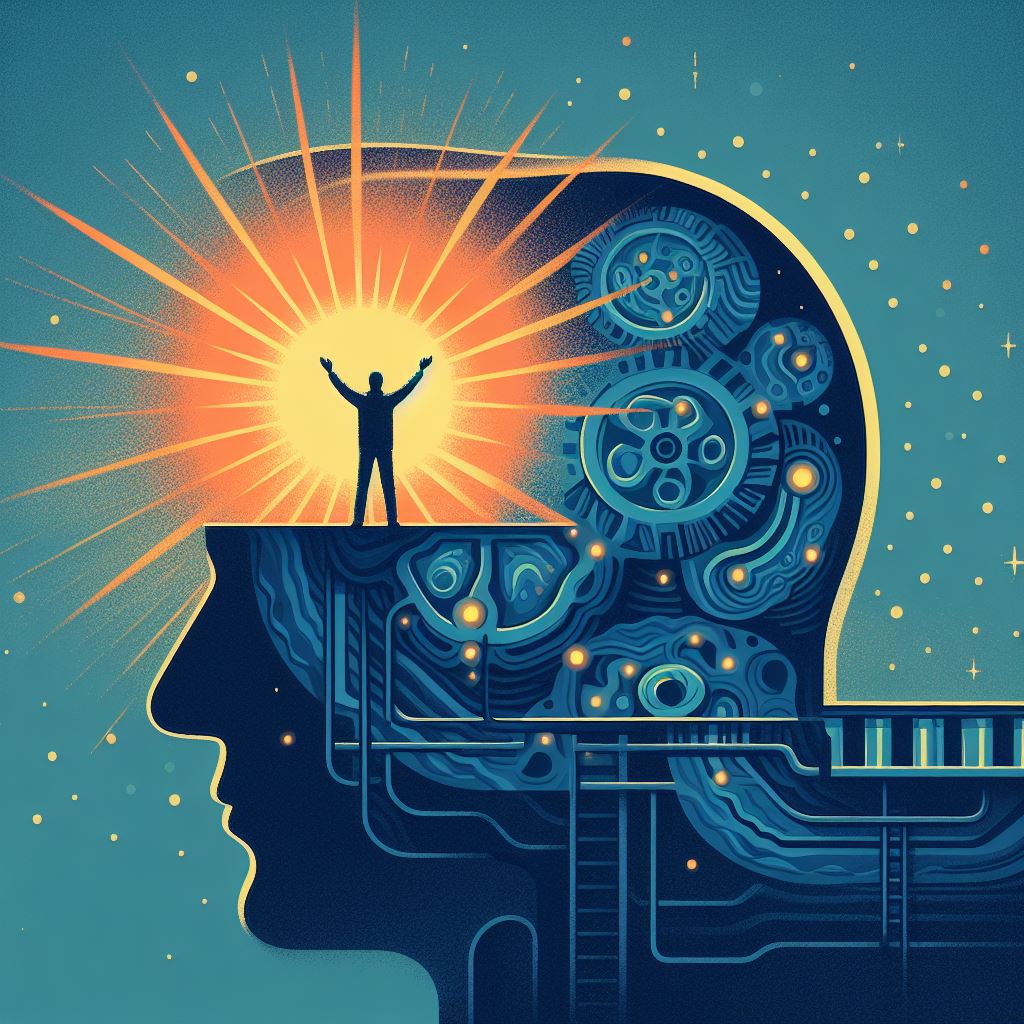
In psychology, there is a concept known as a self-fulfilling prophecy which describes how certain beliefs can influence our actions in a way that makes those beliefs actually come true. It’s an example of the positive feedback loop between beliefs → behaviors → outcomes.
The basic idea behind “self-fulfilling prophieces” is that our beliefs have a real effect on the world we live in.
We all have a map of reality in our heads about how the world works. These beliefs thus affect how we respond to the situations we find ourselves in, which then influences the results we get in life.
The influential American psychologist William James was one of the first to describe self-fulfilling beliefs.
In his work Will to Believe from 1896, he explains how going into a relationship with the expectation that someone will like you can then guide you to act in a way (such as warm, open, and friendly) which then fulfills that truth. On the other hand, if you go into a relationship with the expectation that someone won’t like you, that can cause you to act in a way (such as insecure, defensive, or rude), which then fulfills your belief that they don’t like you.
In the case of self-fulfilling beliefs, either way you are correct – because your beliefs have such a tremendous influence on the outcomes in your life that they later become true.
In 1968, the Rosenthal–Jacobson study became one of the first scientific experiments showing the power of self-fulfilling beliefs. They looked at how teacher’s attitudes about certain students could then influence those student’s actual performance.
The researchers set up a clever study where students took an IQ test and then told teachers that 20% of the students were expected to be “spurters,” meaning they would perform above average compared to most students.
The teachers were told exactly which students were expected to do better. However, in reality the students were chosen at complete random.
Interestingly, it was discovered that the students who teachers expected to do better actually ended up doing better in school then the students who weren’t identified as “spurters.” Their self-fulfilling beliefs became true, even though there was no evidence that these students were special in anyway.
How did this happen?
Psychologists believe that even though the teachers may not have been consciously favoring the “spurters,” they may have given them extra time, attention, and effort without realizing it – because deep-down these teachers actually believed these students were special.
This is just one of many examples of how self-fulfilling beliefs can have a real world impact.
Take a second now to think about how self-fulfilling beliefs can play both a positive and negative role. For example, what if these teachers were led to believe that these 20% of students were not as smart as the rest of their class? Would they then perform a lot worse?
Now think about how the bigger attitudes in our society affect people of different races, genders, religions, occupations, etc.?
If a belief is repeated enough, it can become more and more true. For example, if police go into their job expecting a certain race to be more likely to commit crimes, then they may be more likely to watch out for and arrest certain groups of people – which then reinforces the truth that those people are more likely to commit crimes.
As you can see, self-fulfilling beliefs can play a major role in both our personal lives and society at large. It’s therefore important that we are aware of the beliefs and attitudes we have about the world, because they may just be shaping the world into exactly what we want to see.
Enter your email to stay updated on new articles in self improvement:
